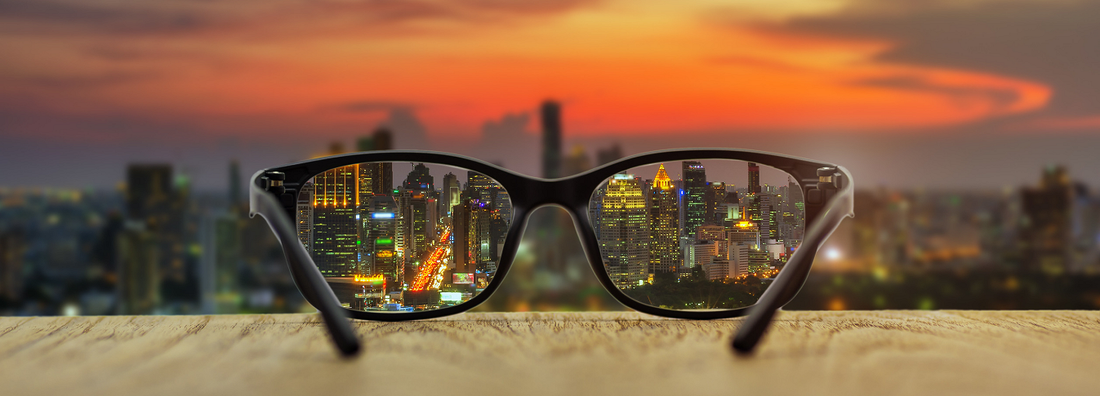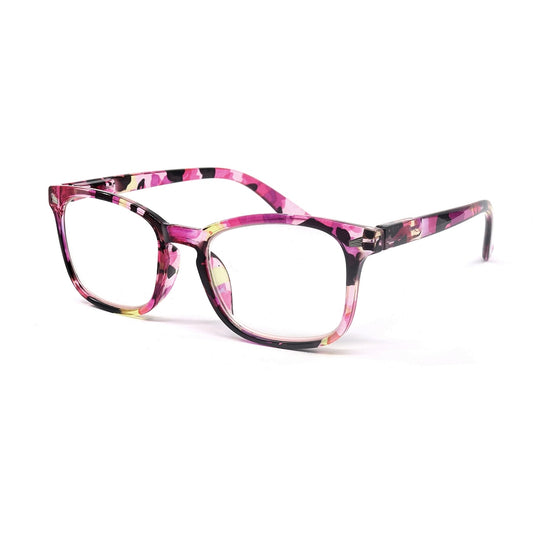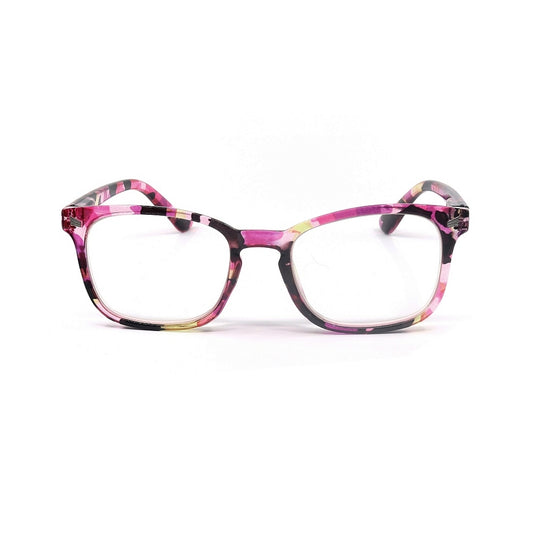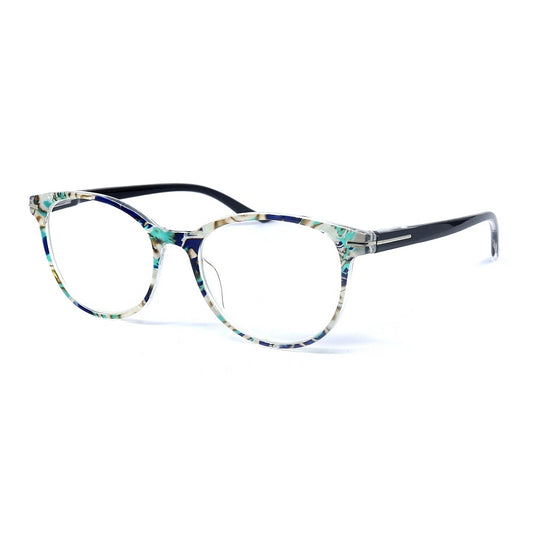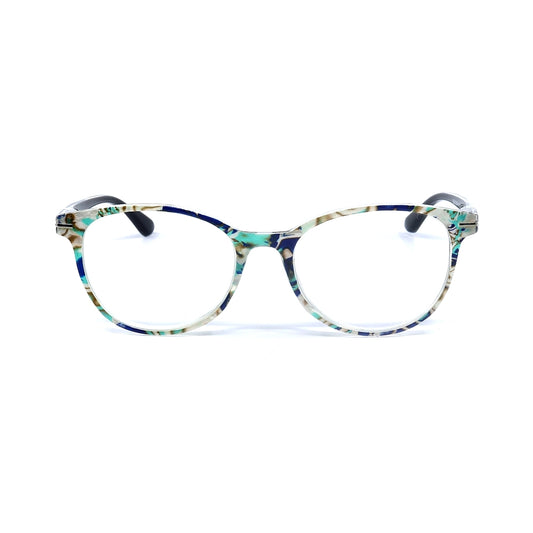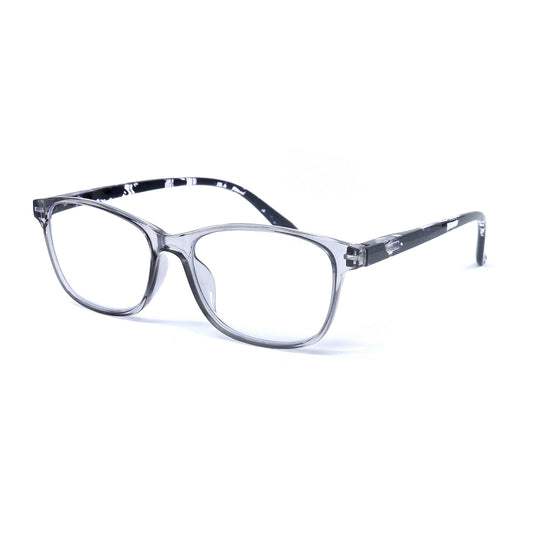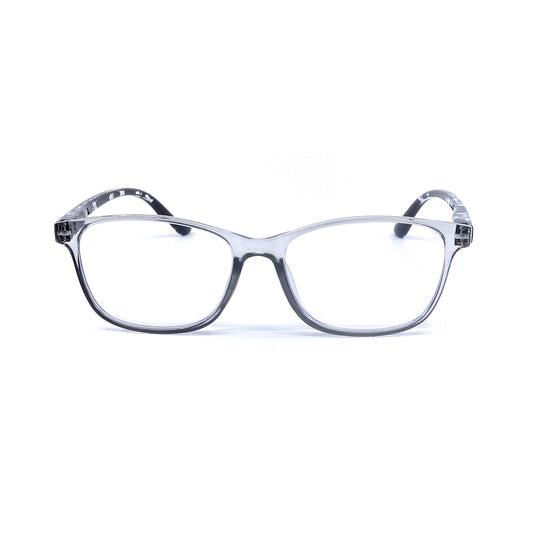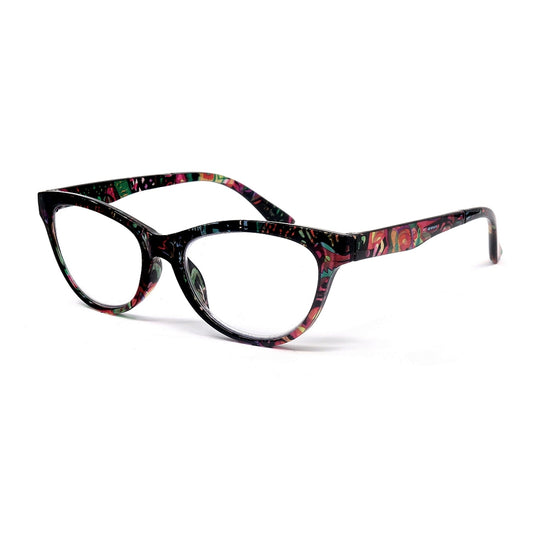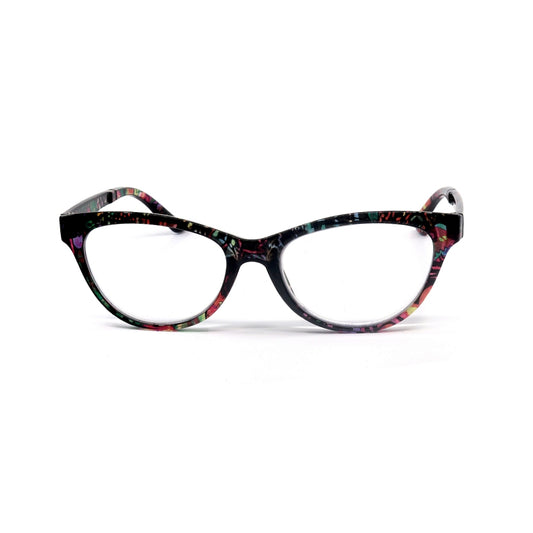Myopia (also known as short-sightedness or near-sightedness) is a vision condition affecting adults where distant objects appear blurry, while close-up objects remain clear. This occurs when the eyeball is too long or the cornea has excessive curvature, causing light to focus in front of the retina rather than directly on it.
If your optical prescription includes a negative value for the "sphere" part of the prescription (eg; -2.00), this indicates myopia, with a higher numerical negative "sphere" value representing a greater degree of myopia. This value will also determine the power or strength of the lens needed to correct your vision and bring distant objects into focus on the retina.

This is the opposite of presbyopia or farsightedness where your prescription will have a positive “sphere” value and can be sorted with a pair of positive power magnified reading glasses.
What Causes Myopia?
Genetics plays a significant role in myopia (individuals with nearsighted parents are more likely to develop this condition) suggesting an inherited predisposition for the eyeball to be elongated or for the cornea to have excessive curvature.
Prolonged periods of near work, such as reading, using computers, or engaging in activities that require a close focus, can also contribute to the development of myopia, or to the progression of childhood myopia, as the eye's focusing mechanism adjusts to the demands of near work, potentially leading to changes in the eye's structure.
Limitations on “outdoor time” is also thought to be a contributing factor in myopia as the eye adapts to becoming used less for distance-vision duties and more for indoor-related near and mid focal distances of 20m or less. This, in conjunction with excessive screen time, can cause the eyeball to elongate in response to the workload required of it.
Myopia Glasses For Better Vision
The impact of myopia on adults extends beyond the inconvenience of blurry distance vision. Myopia can lead to eyestrain, headaches, and a general sense of discomfort, while for those who drive or work in professions requiring clear distance vision, myopia can pose challenges and affect overall performance.
Myopia glasses, also known as nearsighted glasses or distance glasses, are specifically designed for people with myopia. They feature concave lenses with a negative "sphere" value that pushes the focus point of incoming light back onto the retina to ensure that distant objects come into sharp focus. This compensates for the elongated shape of the eyeball or the curvature of the cornea that characterizes myopia.

By correcting vision and providing clarity for distant objects, our myopia glasses enhance visual acuity and make everyday activities such as driving, watching live sport and other outdoor activities more comfortable for individuals with myopia.
Managing Myopia
In addition to myopia glasses, people with myopia are also encouraged to adopt lifestyle measures that support eye health including spending more time outdoors, practicing the 20-20-20 rule (taking a 20-second break to look at something 20 feet away every 20 minutes of near work), and ensuring proper lighting during tasks can contribute to overall eye wellness.
Myopia in adults is a common vision condition with various contributing factors and myopia glasses can help in managing myopia by addressing the specific refractive error associated with it, and providing clear and comfortable vision for distant objects.

